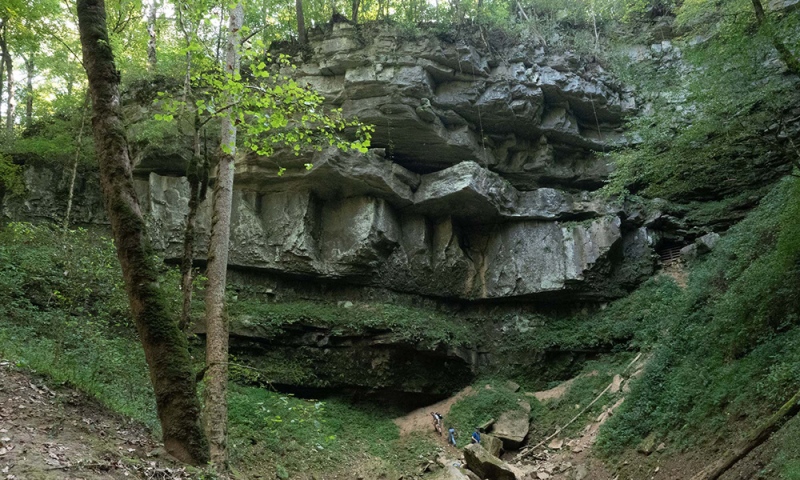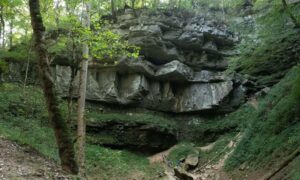
22 Mar Earth and Environmental Sciences Program at Denison University
A knowledgeable understanding of the Earth is an essential component of global citizenship. Denison University’s new major, Earth and Environmental Sciences (EESC), explores the Earth through the natural sciences, including earth science, physics, chemistry, and biology, as well as computer science and data analytics.
EESC majors will pursue STEM-based inquiry into the nature and history of the Earth, the processes that shape the Earth, and the impacts those processes have on humans, other organisms, and the environment.
 The Earth and Environmental Sciences program will be open to students beginning the fall of 2021. Current geoscience majors may easily transition to an EESC degree with the guidance of their faculty advisors if they so choose.
The Earth and Environmental Sciences program will be open to students beginning the fall of 2021. Current geoscience majors may easily transition to an EESC degree with the guidance of their faculty advisors if they so choose.
“Earth and Environmental Sciences provides students the means to address critical environmental issues, including global climate change, water shortages, and the loss of arable land, while increasing opportunities for humans to live sustainably and equitably on the Earth,” says Associate Professor David Goodwin, chair of the program.
A STEM-based path to environmental careers
Graduates with a STEM degree have an abundance of opportunities to work in almost any relevant field, and careers in the environmental industry in particular are growing. EESC graduates may choose to help develop clean, green, renewable energy that will support movement away from fossil fuels. They might choose research in areas such as atmospheric gas levels and effects on global temperatures, or to study how the changing climate impacts plant and animal life.
The EESC program offers four degree possibilities: a minor in Earth Science, a Bachelor of Arts in Earth Science, a Bachelor of Science in Earth Science, and a Bachelor of Science in Environmental Science.
Nonmajors benefit from learning methods of scientific inquiry and developing a broad and deep knowledge of the Earth and its environment that will serve their needs as citizens and future community leaders.
Multiple opportunities for research, internships, and field study
All EESC students have multiple options to pursue research and internships. For example, each fall and spring students can take part in several-day-long field trips in locations including New York, Canada, the Bahamas, and Hawaii.
“Spending several days together off-campus, working on a common problem, our students traditionally have developed close bonds with each other and with our faculty,” says Goodwin. “Looking back, our alumni have recognized how important these field studies were to their own careers, and they’ve been very generous in helping to subsidize these life-changing experiences so that all our students can participate.”
During the summers, EESC students can conduct paid research with faculty mentors on topics such as carbon budgets of fluvial beaver meadows, and date geologic events using zircon. EESC students also take part in internships in a wide variety of industries, including the National Park Service, and environmental firms. And all majors will complete a senior seminar researching an environmental question under the guidance of a member of the faculty.
“The Earth and Environmental Sciences major reflects the heightened level of interest students have today in confronting environmental issues and making a positive impact on our home planet,” Goodwin concludes. “We are thrilled to provide an avenue for today’s students to become tomorrow’s global citizens.”






